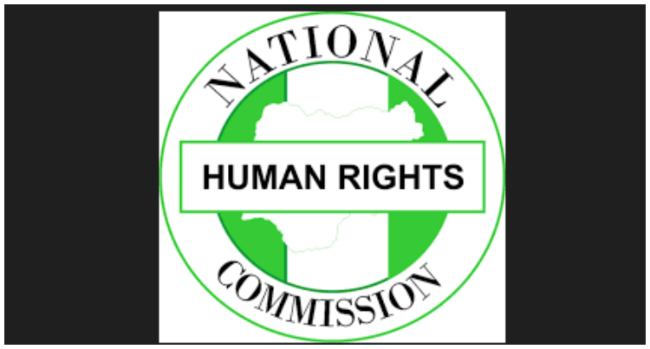By Asmau Ahmad
The National Human Rights Commission (NHRC) and the Office of the UN High Commissioner for Human Rights have called for a holistic approach to protecting migrants rights.
The organisations made the call on Monday at the opening ceremony of a two-day training on human rights and migration, organised by the UN in Nigeria for staff of the NHRC in Abuja.
The training titled: “PROMIS-Protection of Migrants’’ is meant to strengthen capacities of West African states, develop human rights-based responses to smuggling of migrants and combat rights violations.
The Executive-Secretary of NHRC, Mr Tony Ojukwu (SAN), described the PROMIS – Protection of Migrants project as apt in efforts to tackle issues related to violation of the rights of migrants.
Ojukwu said the training would provide NHRC personnel with understanding of international human rights frameworks, treaties and regional instruments relevant to human rights at international borders.
According to him, the need to adopt a human rights-based approach to migration management has been underscored by the multiple thematic and sectoral interests that converge in migration management.
“In our world today, migrants face dehumanising conditions, illegal arrests and prolonged detention, torture, inhumane and degrading treatment, life threatening conditions on land and sea.
“As we focus on irregular migration and smuggling across our borders, it is important we do not lose sight of trafficking within Nigeria becoming an epidemic.
“As human rights advocates and frontline defenders, staff of the National Human Rights stand on a strong legal and institutional footing to tackle this present and emerging styles of human rights violations.
“I want to pledge that this training programme we are receiving today under the auspices of PROMIS and the OHCHR shall be extended to all our state offices in due course as migration is all encompassing.
“We will continue to work with our partners within and outside the government to strengthen policies, and practices that impact on human rights of migrants, victims of trafficking and smuggling of migrants.”
The executive-secretary decried social, economic and political vulnerabilities such as poverty, inequalities, conflicts, and human insecurity to be major triggers to irregular migration, trafficking and smuggling of migrants.
He said the NHRC Amendment Act of 2010 vested the commission with wide ranging powers to monitor human rights, conduct investigations on violations, embark upon public interest litigations, conduct research and produce Guidelines and Advisories.
Speaking at the event, Adwoa Kufuor-Owusu, Senior Human Rights Adviser, Office of the UN High Commissioner for Human Rights (OHCHR) said that migration related issues had affected countless lives of individuals and communities.
She said that though migration could transform societies, economies and individual lives, its challenges could lead to violations of human rights of migrants if not properly managed and safeguarded.
According to her, to manage and safeguard vulnerabilities that might arise in the context of migration, various legal and institutional frameworks were established both at international, regional and national levels.
“We gather not only to deepen understanding of these issues, but to reaffirm our commitment to core human rights principles of dignity, equality and non-discrimination for everyone everywhere, regardless of migratory status.
“It is my sincere hope that over the two-day training you will seize the opportunity to strengthen your capacity to apply various international and national human rights frameworks to migrants, especially at international borders.
“I equally hope the discussions in this training will allow for reflections on synergies between the NHRC and other stakeholders, for effective promotion and protection of migrants in Nigeria,” she said.
She reiterated the UN’s commitment to collaborate with the NHRC to support Nigeria and enhance the promotion and protection of the rights of migrants, especially migrants in vulnerable situations.
The training was organsied under the auspices of the joint initiative by the UN Human Rights Office and the United Nations Office on Drugs and Crime.
A total of 25-NHRC staff across field offices from Abuja, Lagos, Kano, Sokoto, Edo, Ogun, Oyo, Cross River, Katsina, Borno and Taraba attended the training.




